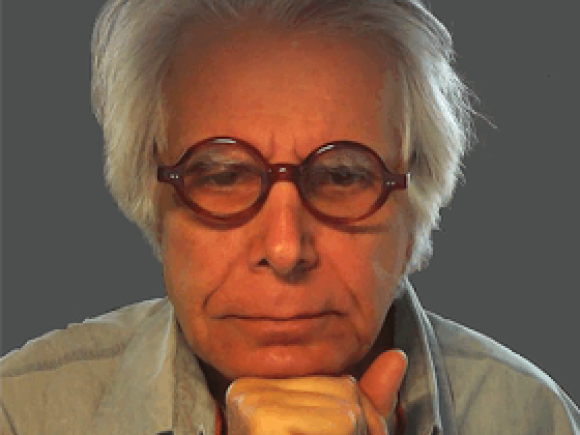Teaching science was always Dr. Howard Goldsweig’s dream "encore career." Formerly Amgen’s executive director of medical science, Dr. Goldsweig had been in charge of the clinical development of a genetically modified virus to treat melanoma. While many retirees may dream about moving somewhere sunny, or playing 18 holes of golf each day, Dr. Goldsweig had loved the small amount of teaching he did in medical school, and hoped to impart his love of science on others yet again.
After taking the position of coaching afterschool STEM programs (iGEM) at two Boston area high schools, Dr. Goldsweig quickly realized he needed a crash course on how to incorporate biotech into high school curriculum. Sure he’d taught medical school students, but this was an entirely new playing field involving teenagers! Howard connected with local Amgen Biotech Experience representatives at Harvard University, and he was hooked immediately, more than happy to take advantage of the free access to lab equipment, professional development workshops and lesson plans.
Why do you participate in the Amgen Biotech Experience?
Amgen Biotech Experience offers a great professional development program. Some teachers may have an undergrad major in science, but most have not studied biotechnology. ABE provides a great, understandable, teacher introduction to biotech using the latest techniques. Plus, I can see with my own eyes the difference it makes for students. It’s very gratifying.
How has the Amgen Biotech Experience helped to engage your students in new ways (e.g., hands-on laboratory experience, good curriculum, classroom tools/resources etc.)?
The easiest way to put students to sleep is to lecture to them using a PowerPoint slide deck. The best way to engage them is hands on experience in a laboratory. That’s exactly what ABE provides. They have great labs that provide the background that students need to understand what’s going on, and a step-by-step menu that takes teachers and students through the lab experiment.
What’s been the most rewarding part of your experience?
Every student at Codman Academy is the first person in their family to go to college and comes from generations of poverty. We’re trying to break that cycle by giving kids an education so they can take advantage of opportunities that exist in the community, through programs like ABE. For me, the most rewarding part of my experience is when I see a student get excited about science and get an internship at an academic lab and continue to college and major in science.
Can you share an example of a story where you witnessed a student ‘ah ha’ moment and begin to experience more interest in science?
A young man I taught at Codman Academy went on to work in a lab in Harvard and is now majoring in biology at the University of Massachusetts in Boston. He hopes one day to have a career in biotech, and I have no doubt ABE played a huge role in that.
What impact has ABE had on your students, school and community?
In Boston there are more biotech jobs available than there are people to fill them. However, at many inner city schools, the skills students need to take advantage of STEM jobs just aren’t being taught. Through ABE, I’m trying to introduce a curriculum that gets students excited about science and offer them an education with skills that are transferable to the community.
What kind of support (i.e. professional development) do STEM teachers need to be effective and spark a love for science in their classroom?
I had no idea how hard it is to be a good teacher. It’s very, very difficult to teach science in high school. From the professional development courses, to the lab protocols, I could not have done it without the help of the people at ABE in Boston. You just can’t be a good teacher and do it without support.
Name the three most valuable things that science teachers would get out of participating in ABE.
The professional development is absolutely invaluable, as well as the training courses and opportunity to network with other teachers at workshops. ABE has been an incredible tool in my transition to teaching.
VIDEO: Watch Howard Goldsweig speak about his experiences with ABE.
